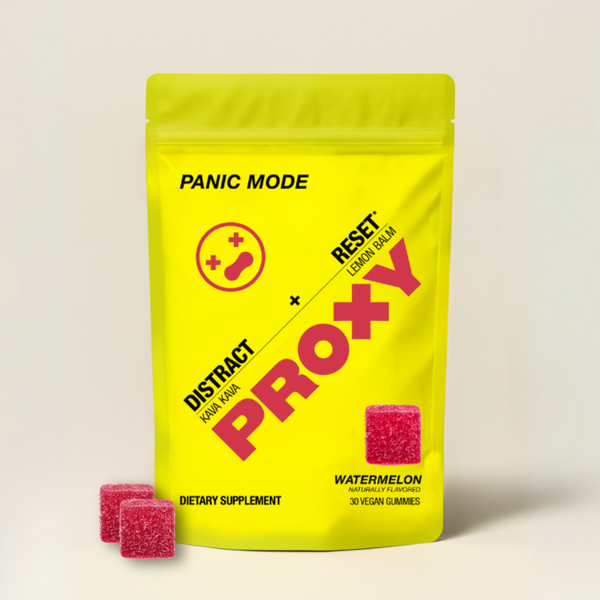Tips for taking breaks from digital devices to improve mental health and well-being.
Hey there, screen-scrollers! Let's take a moment to talk about something we're all guilty of: spending way too much time glued to our digital devices. Whether it's endlessly scrolling through social media, binging on Netflix, or constantly checking emails, it's easy to get caught up in the digital whirlwind and forget to give our brains a break.
But here's the thing: all that screen time can take a toll on our mental health and well-being. From eye strain and sleep disturbances to feelings of anxiety and overwhelm, our digital dependency can leave us feeling drained and disconnected. That's where digital detoxing comes in.
So, how can we hit the reset button and reclaim our mental clarity and focus? Here are some tips for taking breaks from digital devices and improving your overall well-being:
1. Set Boundaries:
- Establish designated times and spaces for digital use, and stick to them as much as possible. Consider implementing a "no screens before bed" rule or designating certain areas of your home as screen-free zones.
2. Schedule Screen-Free Activities:
- Plan regular activities that don't involve screens, such as going for a walk, practicing a hobby, or spending time with loved ones. Engaging in offline activities can help you reconnect with the world around you and reduce digital fatigue.
3. Practice Mindfulness:
- Take breaks throughout the day to check in with yourself and notice how you're feeling. Pay attention to any physical or emotional signs of digital overload, such as headaches, tension, or irritability.
- Incorporate mindfulness practices like deep breathing, meditation, or journaling into your routine to help you stay present and grounded in the moment.
4. Limit Notifications:
- Reduce the constant barrage of notifications by adjusting your settings to prioritize essential alerts and mute unnecessary distractions. Consider turning off notifications for non-essential apps or setting specific times to check emails and messages.
5. Prioritize Sleep:
- Create a relaxing bedtime routine that doesn't involve screens, such as reading a book, taking a warm bath, or listening to calming music. Avoid using electronic devices in the hour leading up to bedtime to promote better sleep quality.
Remember, it's essential to find a balance between our digital lives and our well-being. By setting boundaries, scheduling screen-free activities, practicing mindfulness, limiting notifications, and prioritizing sleep, you can embark on a digital detox journey that leaves you feeling refreshed, recharged, and ready to tackle whatever life throws your way.
Here's to unplugging and tuning in to the world around us! 🌿✨











